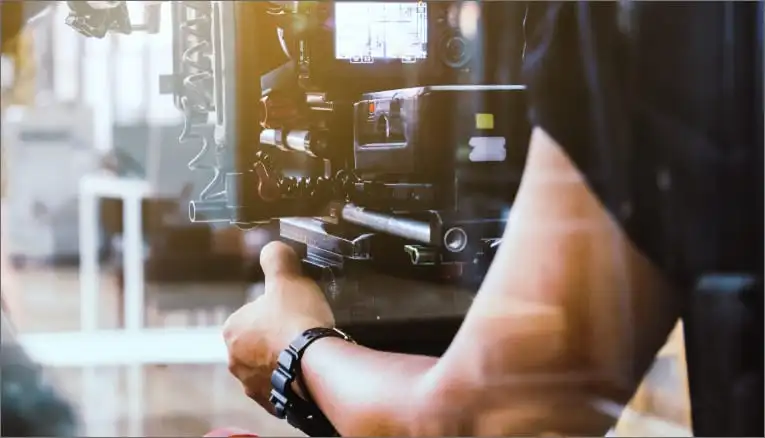Importance of Pre-Interview Investigation
In the fast-paced world of journalism, conducting thorough pre-interview investigations is of paramount importance for reporters and journalists. Pre-interview investigation not only help journalists gain a deeper understanding of the subject matter but also aids in establishing credibility and trust with their interviewees. Equipped with these aspects, journalists can provide insightful and well-informed content to their readers.
Gathering Information and Conducting Background Research
The first step towards a successful pre-interview investigation is gathering extensive information about the topic at hand. A deeper understanding can be achieved by reading relevant articles, reports, and studies, and following up on the latest developments and trends. Journalists should also conduct thorough background research on the interviewee, understanding their expertise, previous work or statements related to the subject. This information helps journalists to craft well-informed questions adding depth to their investigation while also establishing credibility and professionalism during the interview.
Utilizing Online Resources and Tools
In today’s times, journalists have a plethora of online resources and tools at their disposal to aid their pre-interview investigation. Platforms such as Twitter and LinkedIn can offer valuable insights into the subject or professional background of the interviewee. In addition, online databases like LexisNexis and ProQuest can be invaluable for searching past interviews, articles, or speeches given by the interviewee. Lastly, journalists can gain specialized knowledge and skills through online courses such as those offered by Yellowbrick.
Developing Insightful and Thought-Provoking Questions
A primary goal of pre-interview investigation is formulating a set of insightful and thought-provoking questions that elicit informative responses from the interviewee. A well-conducted research combined with an understanding of the interviewee’s point of view helps journalists craft questions that go beyond basic information. Encouraging the interviewee with open-ended questions to share their insights and opinions often leads to more engaging and informative interviews.
Building Rapport and Establishing Trust
In addition to gathering information and question formulation, pre-interview investigation also serves as a vehicle to build rapport and establish trust with the interviewee. Approaching an interview with respect and professionalism helps journalists to build a comfortable environment for the interviewee. Showing genuine interest in the interviewee’s work and opinions, journalists can encourage them to share candidly, providing invaluable insights to the readers.
All these aspects combined underline the importance of pre-interview investigation as a vital part of journalism that sets the stage for successful and impactful interviews. So, next time you prepare for an interview, ensure to engaging in thorough pre-interview investigation to elevate your content and enhance your journalism skills.
Key Takeaways:
- Pre-interview investigation is pivotal for a successful interview.
- This process involves gathering information, researching about the interviewee, and crafting insightful questions.
- Pre-interview investigation aids in understanding the subject matter, establishing credibility, and identifying biases.
- Use of online resources and tools such as social media platforms and online databases can streamline the research process.
- Formulation of open-ended questions helps in obtaining detailed and insightful responses.
- Building rapport and trust with the interviewee propels the engagement level of the interview.
To further strengthen your journalism skills and master the art of pre-interview investigation, consider enrolling in the NYU | Modern Journalism online course and certificate program offered by Yellowbrick. Boost your professional growth and climb the stairs of a successful journalism career with the well-curated NYU | Modern Journalism online course.








